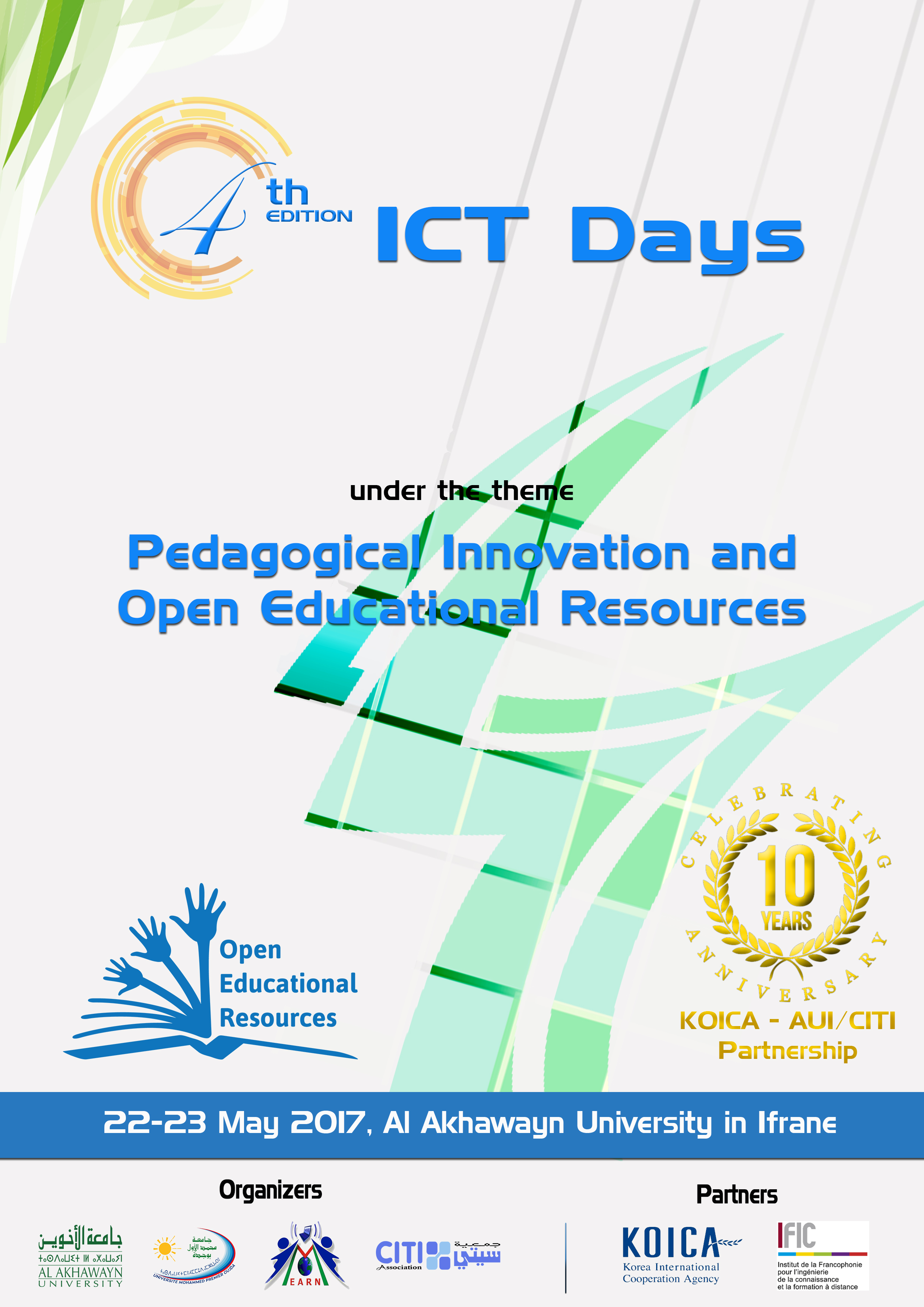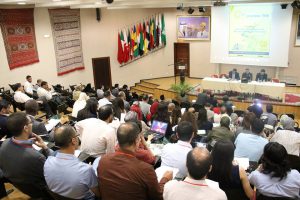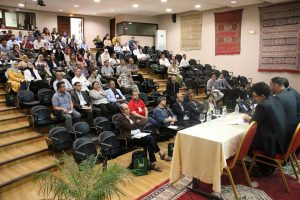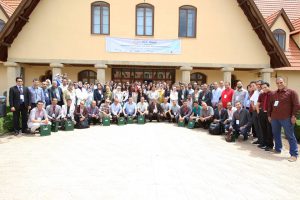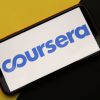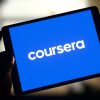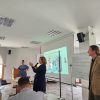Al Akhawayn University, in partnership with Hassan Firt University in Oujda , CITI Association and the Moroccan Education and Resource Network (MEARN), and with the participation of the Center for Learning Technologies (CLT), organized the 4th edition of ICT in Education study days under the theme: “Pedagogical Innovation and Open Educational Resources”
22-23 May 2017 at Al Akhawayn University in Ifrane.
Institutions of higher education have an increasing responsibility to prepare learners to take advantage of the advances of digital technology and techniques to help them cope with the 21st century problems. They currently place the integration of digital technologies in their development priorities. Indeed, digital tools bring a number of solutions to current educational challenges and paradigms, namely: students increasing demands and expectations of their educational experience, personalized learning, flexible education delivery options, multidimensional learning, heterogeneous learners’ profiles, integrating formal and informal learning, massification, globalization, financial constraints, etc. In response to this evolution, new pedagogical modalities have been developed, sometimes accompanied by a reconfiguration of physical learning spaces. Among the new pedagogical approaches we find: flipped classrooms, problem-based learning, studio classes, blended learning, eLearning, MOOCs, etc. Teachers are continuously challenged to adapt to the new educational challenges and reinvest in developing new pedagogical instruments and practices based on the emerging technologies.
Using freely available resources teachers and students can together collaborate on compiling course material and resources, opening up the classrooms to new forms of learning. The learning experience will be greatly enhanced due to greater involvement. Before this can be realized, we need a change in attitudes towards what we mean by education, teaching and learning. We need new attitudes towards collaboration and new literacy.
The advent of digital technology and internet has also made it possible to democratize access to academic knowledge. In 2012, the UNESCO Declaration on Open Educational Resources (OER) urged governments to grant open licenses to state-funded teaching resources. These resources designate all the research, teaching and learning materials that are in the public domain or published with an intellectual property license that allows for free use, adaptation and distribution.
OERs offer many advantages that have brought about new dynamics within the teaching process. OERs reduce the time spent on the production of teaching materials and increase the availability of teachers to their students. Examples of OERs are e-learning courses material foreshadow new educational forms that MOOCs and flipped classrooms probably carry in their intentions as well as in their practices. For teachers, access to a wide range of resources is a powerful lever of inspiration in course design and promotes collaborative approaches and inter-university cooperation.
Educational systems must therefore find sufficient agility to nurture, support and popularize the best innovative teaching practices in OER. To this end, the research community must be more pro-active vis-à-vis educational practitioners by putting themselves at the service of new pedagogical modalities while addressing the major challenges educational systems face today, and will face tomorrow.
In order to become truly a learning society, we must seek a convergence in our reflections:
▪ By promoting, within the education system, a logic of confidence conducive to the development of educational innovations backed by research.
▪ By developing free dissemination of knowledge in favor of initial and in-service training through mechanisms that ensure success for all kinds of audiences.
▪ By stimulating research that will increase our knowledge
Such are the objectives of the 4th edition of the ICT study days on 22 – 23 May, 2017 which are dedicated respectively to educational innovation and the integration of OERs, and strengthening the links between training and research in the field of learning.
These ICT study days will focus mainly on innovative pedagogical practices that are closely linked to the use of OER. They target governing bodies, teachers and researchers, training managers, Innovative project holders, managers and members of support structures and students.
Topics include:
- Open Courseware including useful teaching resources;
- Interactions between pedagogy and OERs;
- MOOCs that are open to all and that also provide educational resources in the form of Open CourseWare.
- Pedagogical resource portals that have been designed to assist teachers in the preparation of classes and personalization of learning;
- Encyclopedias and digital libraries;
- Video captures of conferences whose primary purpose is to broaden the transmission of knowledge beyond the walls of the university;
- 3D resources that have strong pedagogical impacts as tools of simulation and conceptualization of hidden processes;
- …

